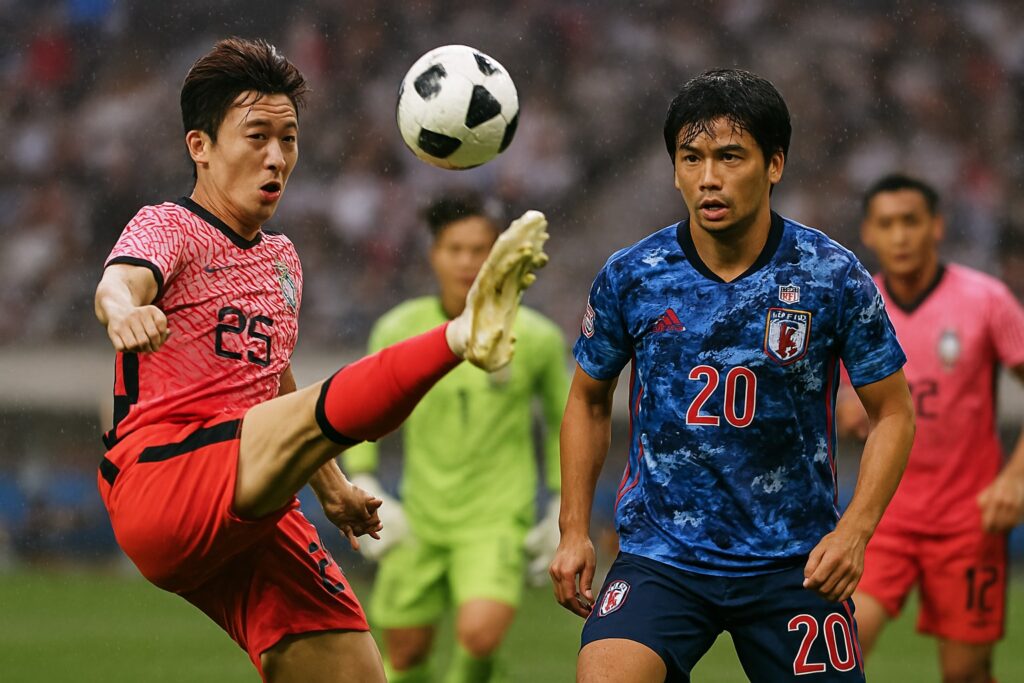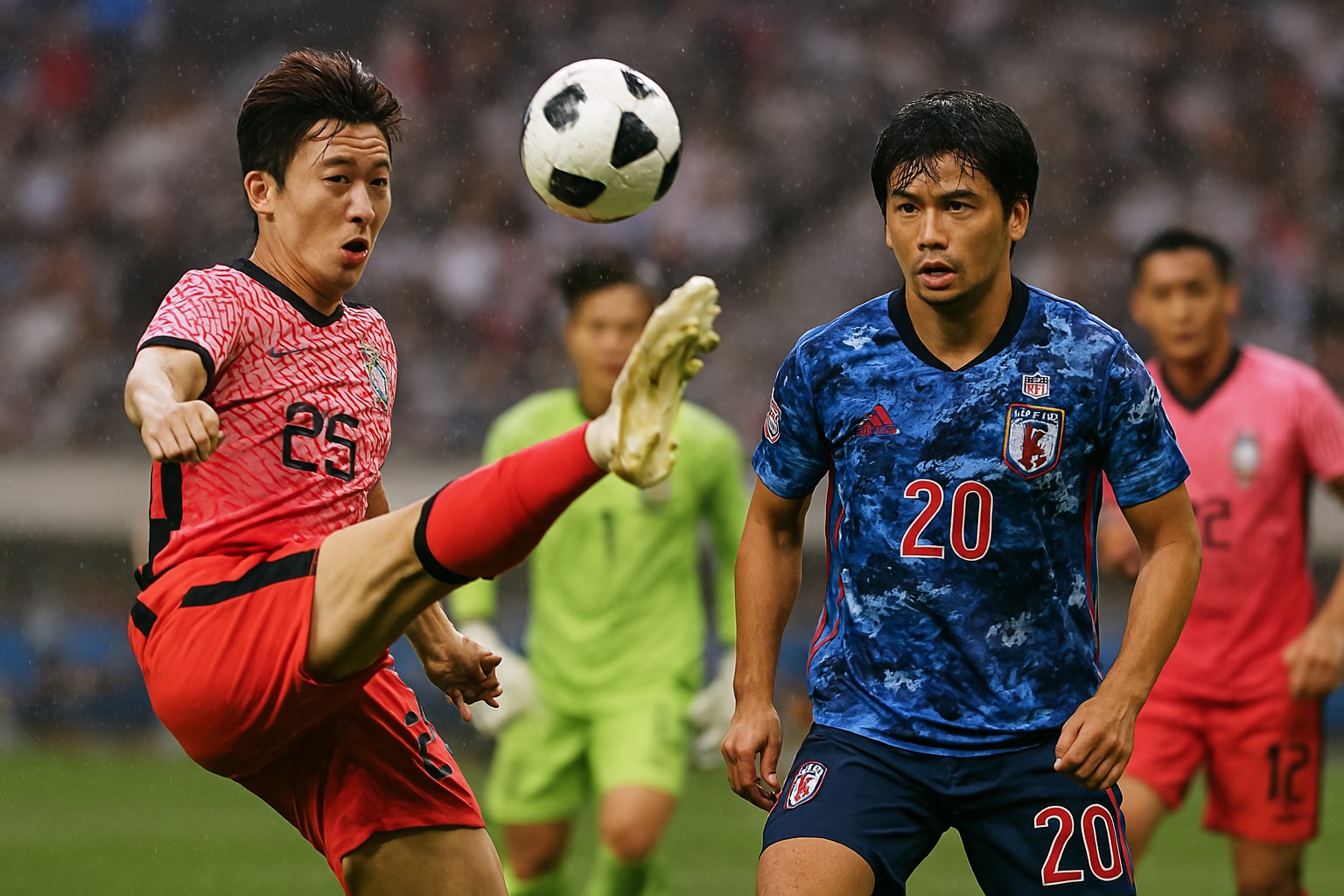
Japan clinched its second consecutive East Asian Football Federation (EAFF) E-1 Championship title by defeating host South Korea 1-0 in Yongin. While the match was billed as a sporting event, right-leaning observers saw deeper implications tied to national pride, regional rivalry, and soft power projection.
The lone goal came in the 8th minute, when Japan’s Ryo Germain volleyed home a cross from Yuki Soma, exploiting a lapse in South Korea’s defense. Despite dominating possession in the second half, South Korea failed to convert chances, with substitute Lee Ho-jae’s acrobatic volley stopped by Japanese goalkeeper Keisuke Osako.
The loss stung for South Korea, not just on the scoreboard but symbolically. Captain Jo Hyeon-woo admitted the goal shifted momentum and lamented missed opportunities. “We controlled the match in the second half. We can beat them next time,” he said.
Beyond the pitch, the match stirred conversations about regional influence. Japan’s disciplined performance and tactical precision reflected its broader strategic posture — efficient, assertive, and quietly dominant. South Korea’s frustration echoed concerns about its waning edge in regional diplomacy and tech competitiveness.
Meanwhile, China edged Hong Kong 1-0 to secure third place, with Huang Zhengyu scoring the decisive goal. China’s caretaker manager emphasized the tournament’s role in blending youth and experience, hinting at a long-term strategy to rebuild national pride through sport.
The July 15 matches, while framed as athletic contests, became metaphors for East Asia’s shifting dynamics. Japan’s win reinforced its image as a regional leader, South Korea’s loss sparked introspection, and China’s third-place finish underscored its rebuilding narrative.



